Questionable Proposals
Proposed policies may change how some courses are presently taught
Across America more than a dozen states have introduced legislation to limit discussions of sexual orientation in classrooms. Among these restrictive bills is Missouri HB 634. The bill, which was introduced by Missouri Rep. Ann Kelley, would enact a Parents Bill of Rights within our education system. The Bill of Rights establishes protection of parental rights to direct mental, emotional, and physical health and well-being of their children. At first glance the bill seemed relatively harmless, but shortly after the proposed bill started gaining negative attention online due to the vagueness of one of its many parental rights. The right in question states “No classroom instruction by school personnel or third parties relating to sexual orientation or gender identity shall occur. This subjection shall not be constructed to prohibit voluntary counseling.”
Rep. Kelley’s bill has been dubbed by critics as a replica of Florida’s “Don’t Say Gay Bill” because of its similar restrictions of LGBTQ discussions within classrooms depending on grade level. While Florida’s “Don’t Say Gay Bill” has been seen as strict for its limitation of conversations regarding sexual orientation up until third grade, Rep. Kelley’s proposal expands upon this by barring discussion throughout all grade levels.
Shortly after its proposal, HB 634 was challenged for its broad and vague language during a now viral public hearing by Rep. Phil Christofanelli, an openly gay Republican representative. In the hearing, Christofanelli can be heard questioning Rep. Kelley on her bill’s language regarding the teaching of relative historical figures. Since then, Rep. Kelley has never given a solid answer.
For many learning about these historical figures is crucial to their courses, this reigns true for senior Charlie Rosser who believes without this content the classes wouldn’t function the same.
“I think this bill could seriously limit open discussion of important topics surrounding sexual orientation and gender identity, in a way that can be harmful to both students and teachers,” Rosser said. “In a class like AP Literature or Contemporary Issues, talking about these topics can be important to learning. This bill will make it impossible to discuss themes in many works of literature, and also prevent students from learning about important legislation and court cases regarding sexual orientation and gender identity.”
Recently Kelley has come to defend her bill stating “exposure to such topics is inappropriate for children, creating confusion which may then cause doubt in their identities.” She continues her statement with “It is not the place of the school to indoctrinate our children by exposing them to gender and sexual identity curriculums and courses.”
Jefferson City isn’t the only place we have seen controversial policy proposals, recently FHSD’s Board of Education has seen an increase in these types of proposals. On Feb. 16, 2023 FHSD Board of Education member Adam Bertrand posted on Facebook a copy of his second policy submission to the board. While the policy is rather vague, Bertrand expresses the importance of the board’s involvement when it comes to the Sexual Conduct Training implemented throughout our district.
“Physical protection of students is an important issue and we have specific training and requirements we must follow according to our MUSIC Sexual Misconduct guidelines,” Bertrand said. “We reinforce many items through board policy and I thought this issue [should be] raised to the same level.”
According to the Missouri United School Insurance Council [MUSIC] “The subject matter focuses on preventing, recognizing, and reporting potential or actual child abuse and misconduct.”
MUSIC furthered their statement by stressing the importance of educators understanding their obligations when it comes to reporting sexual misconduct when it comes to students safety and wellbeing.
While Bertrand’s policy proposal would help the district better define their MUSIC Sexual Misconduct training, the policy also opens the district up to controversy due to some unclear language when it comes to the instruction of sexual orientation in the classroom.
In his first proposal to the board Bertrand makes several points throughout his bill regarding classroom instruction of sexual orientation, the most notable being “District employees and volunteers shall not engage in activities that may be constructed as a direct or indirect invitation for students to discuss romantic or sexual activities.” as well as “District employees and volunteers shall not expose students to performances of any kind, [depicting] an outward expression of desired sexual identity.”
While the language in this section of the bill is vague, Bertrand feels this language is important when it comes to broad interpretation of the policy.
“Policy is set based on what the board as a whole feels is appropriate for the district and is up to district leadership to implement said policy,” Bertrand said. “If you look through current board policy you will see many that are broad and left to interpret based on the situations that present themselves.”
Since posting on Facebook Bertrand, has taken into account the feedback he received from the community and posted a revision to his policy. While his revisions have helped clear up some of the community’s concerns, some parents still have their concerns. One of the lines of the policy causing the most concern among parents is 2.f which states “Prohibited acts by District employees and volunteers include, but are not limited to providing materials of an inherently sexual or erotic nature.”
Among the comments on the post were concerned parent Erin Shelter who asked Mr. Bertrand how this point would impact the teaching of literature that is within the guidelines of Secondary Education’s curriculum requirements but includes mentions of sexual themes.
In response to her comment Bertrand said “Anything directly approved as part of curriculum would be excluded from [point] f, while other items would be allowed by this policy but still applicable to be challenged per other board policy,” Bertrand said.
Parents aren’t the only one’s concerned about Bertrand’s policy proposal, Rosser too fears the limitations this bill places on classroom discussions and material.
“Banning the discussion of romantic and sexual activities in schools makes classes like AP Literature difficult to navigate from the teacher’s perspective,” Rosser said. “Many of the books we read in these classes have romantic or sexual [themes], so it’s important that our school offers a safe place for students to learn about things that may be uncomfortable discussing at home.”
The issue of sexual orientation being discussed in classrooms has become popular in recent years. This year alone, 238 anti-LGBTQ bills have been introduced across the country, 48 of these bills are from Missouri. Since then, many Missouri schools have taken it upon themselves to introduce their own policies regarding instruction of sexual orientation. Rosser along with others in our community hope FHSD doesn’t become one of those districts.
“Much of the communication about these policies and what they aim to do for students has been vague, but I believe this district has much greater concerns regarding student safety than what these policies about sexual orientation and gender identity are discussing,” Rosser said.
Your donation will support the student journalists of Francis Howell Central High School. Your contribution will allow us to purchase equipment and cover our annual website hosting costs. FHCToday.com and our subsequent publications are dedicated to the students by the students. We hope you consider donating to allow us to continue our mission of a connected and well-informed student body.



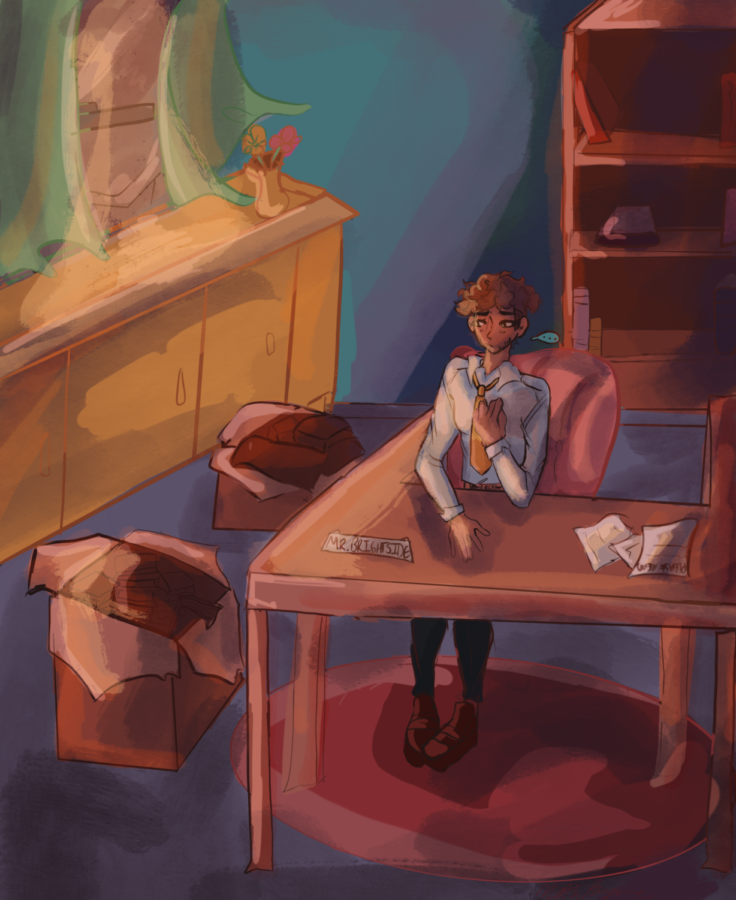

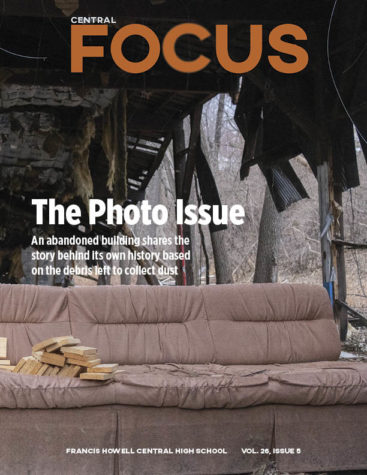

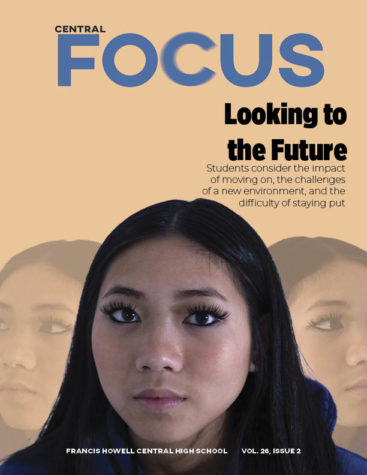
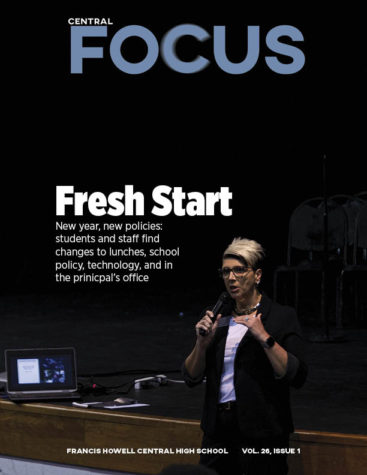
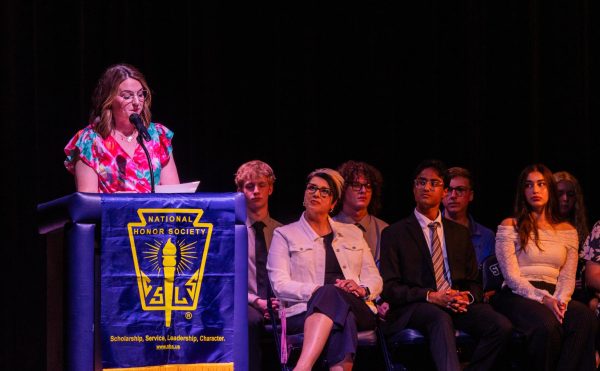

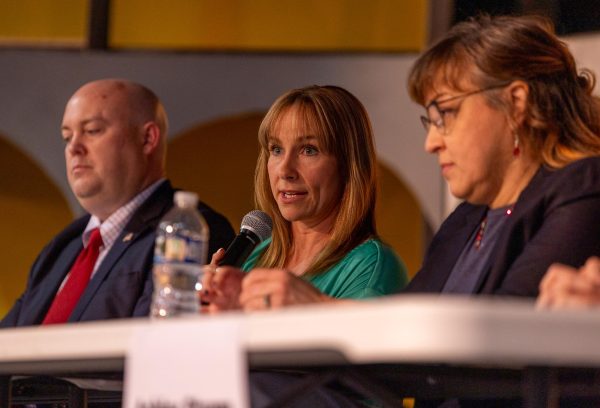


Harry Harris • May 26, 2023 at 9:33 pm
Well written article that highlights some of the insane proposals being batted about. Great job!